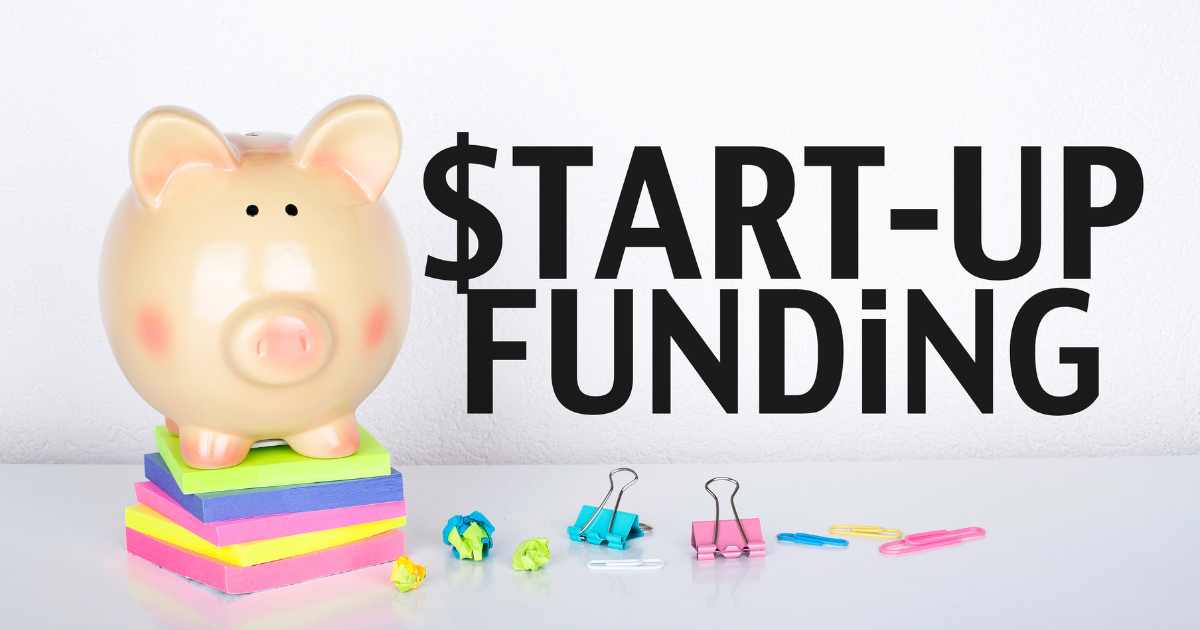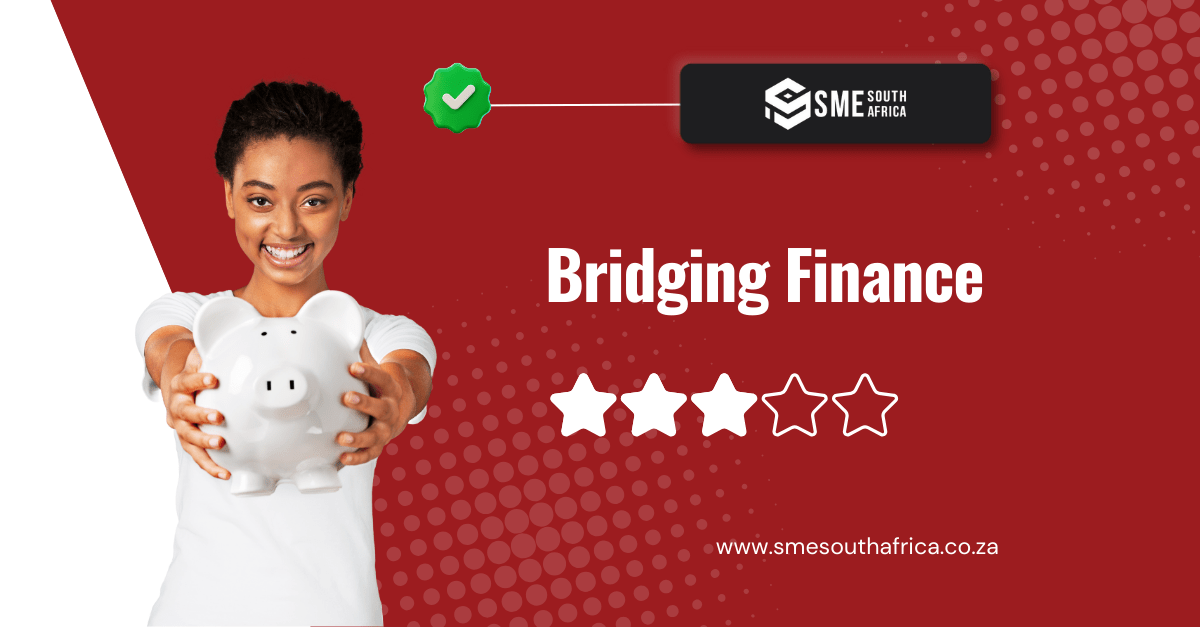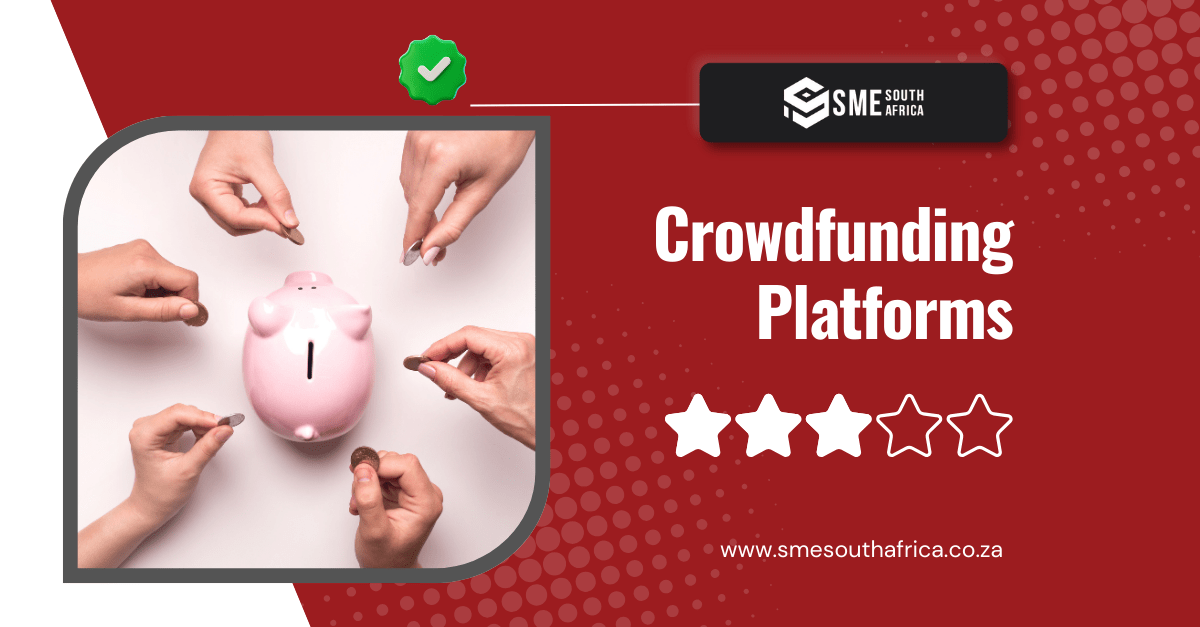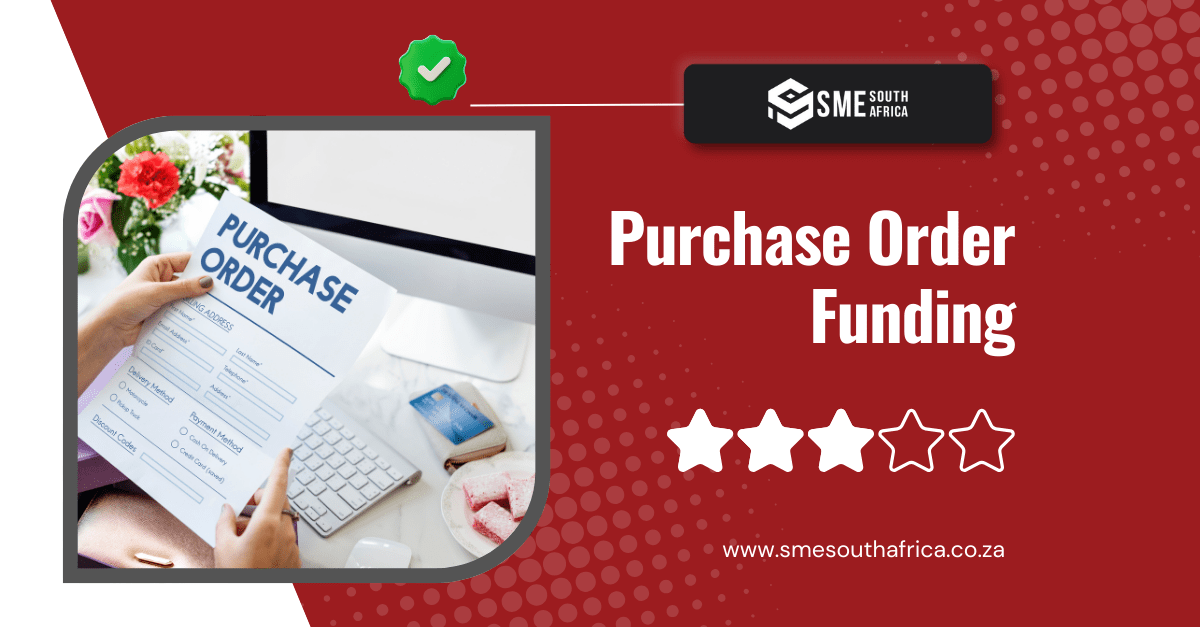
When you start your business, you need more than just determination. You need equipment, staff (maybe), money to register the business and (possible) infrastructure costs. All these need money, so you have to sit down and calculate your start-up costs.
Start-up funding or start-up capital is the money needed by an entrepreneur to launch a new business. The funding can come from a range of sources such as government, private enterprises and private investors.
Getting the right funding for your start-up is crucial. The funding can take your business from concept to market-ready within a few months. As an entrepreneur, having a comprehensive calculation of your start-up costs will help you see which gaps need to be filled using the funding.
In this article, we look at how you can calculate how much funding your start-up needs and where you can get them.
Step 1: Create Your Business Plan
The business plan is a crucial element for starting your business. It will provide you with a detailed roadmap and a careful consideration of your startup costs. You have to create a comprehensive business plan because missing a single detail can lead to inflated expectations of your net profit.
To create a business plan you have a few options:
- Hire a consultant who will help you draft the plan but remember this can be costly.
- Use the free business plan template available on SME South Africa.
This business plan will help see which areas of your business need funding.
Step 2: Research Your Expenses
Now that you have your business plan, you have to outline your expenses, this is part of your financial plan. Researching your expenses includes checking costs, suppliers and alternatives in case something is too expensive.
Some of the expenses you will have to research include:
- Marketing and market research expenses.
- Equipment expenses.
- Inventory expenses.
- Possible staff salaries.
- Cash flow.
- Technology expenses.
- Infrastructure expenses.
- Business registration fees.
- Any permit and licence fees.
These are just some of the expenses you will have to consider before you launch your business. They will also help you see what kind of funding you need the most and which ones you can cover from your own pocket.
Step 3: Finding the Right Funding
Once you have identified what expenses need to be funded, you can start looking for funding. Finding the right lender isn’t as easy as just doing a Google search. Different lending platforms offer different types of lending.
Some of the types of lending available include:
Working Capital Loans: These types of loans are there to help you cover everyday expenses, by inventory and grow your business.
Bridging Finance: Bridging finance helps you cover the gap between buying and selling assets, property transactions and financing business ventures.
Revolving Credit Line: This is a type of financing which allows you to use money and only pay back what you spent. It can be spent on anything as long as it falls within the credit limits. Basically, it’s a credit card.
Crowdfunding: Crowdfunding is the act of raising money from the public. It’s usually done through websites and platforms like GoFundMe.
Venture Capital Funding: Venture capital funding is when a private investor (venture capitalist) puts money into a business, usually a start-up.
Government Funding: This is funding which is available through government-backed agencies and platforms. Some examples of government funding include grants, incentives, equity funding and tax incentives.
Unsecured Loan: This is similar to a personal loan as it also does not require collateral. Unsecured loans can be used for business expansion, cash flow and investment opportunities.
These are some of the different types of funding you can pursue for your start-up. Now it’s time to figure out where to get funding.
Step 4: Applying for the Right Funding
There are various funding platforms you can apply to for your start-up. Some of the best start-up funding platforms include:
Revolving Credit Line
FNB
FNB has a revolving credit line solution which is aimed at start-ups. You can repay the loan fully any month or pay back a minimum repayment of 10% of the outstanding balance every month.
You can apply for the FNB credit card through a relationship manager online or at an FNB branch.
Nedbank
The Nedbank small business credit card is great for start-ups. To qualify for this credit card, you need to be +18 years old and earn a minimum of R 150 000 annually. You will also be asked to provide a copy of your ID and bank statements.
Nedbank offers three different repayment terms including a minimum of 5% as a monthly instalment, repayments over a particular period through the budget facility or a full repayment which includes 55 days free interest.
You can apply online on the Nedbank website or get a quote from the SME South Africa website.
Crowdfunding
The Angel Investment Network
The South African Angel Investment Network is a paid membership platform which connects entrepreneurs with angel investors in South Africa and the rest of the world. The platform uses an equity-based crowdfunding model. This means that the investors put in money in exchange for a percentage ownership of the business.
If you want to submit your pitch, you can sign up on the website, upload your business pitch and wait for potential investors to get in touch.
Thundafund
Thundafund is a rewards-based platform which allows people to make donations and in return get rewards. You can raise funds on the platform for your startup through individual donations on the platform and in return offer your products or services to donors.
To get funding through Thundafund, you must be 18 years or older and your business must fit into any of the following categories: art and photography, community, crafts, design, events, fashion, film and video, food and beverages, media and publishing, music, performance; sport, technology and games.
Venture Capital Funding
Kalon Venture Partners
Kalon Venture Partners offers funding to high-growth technology companies. The company provides growth capital in exchange for a minority stake in your company. The company focuses on taking start-ups from South Africa into international markets.
You can apply for funding from Kalon Venture Partners by filling in the online form.
Umkhathi Wethu (UW)
Umkhathi Wethu is a venture capital firm which uses a partnership model to help management teams innovate, grow and transform their business models. To get funding from the firm, fill in the contact form online and a consultant from UW will get in touch with you.
Government Funding
iMbewu Fund
The iMbewu Fund provides financial support to black entrepreneurs looking to start new businesses. Additionally, the fund provides support to existing black-owned businesses that want to expand their operations. Loans begin at R 250 000 up to R 15 million.
To find out if your business qualifies, check the qualifying criteria on the National Empowerment Fund website.
Arts and Culture Venture Capital Fund
This fund seeks to provide loans to start-ups and small businesses. These businesses operate within the arts and culture sector. Loans begin at R 250 000 up to R 5 million.
To find out if your business qualifies, read the qualifying criteria and compliance requirements on the NEF website.
Umsobomvu Youth Fund
This fund was designed to help the youth start up and grow their businesses. The programme aims to also help youth entrepreneurs with essential business skills.
These funds are not the only ones but are most suitable for start-ups in South Africa. You don’t need to have all this money yourself, utilise the start-up funding to get your business from idea to market.
Before anything else happens, calculate your start-up costs, find the right funding, apply and get started today!



















